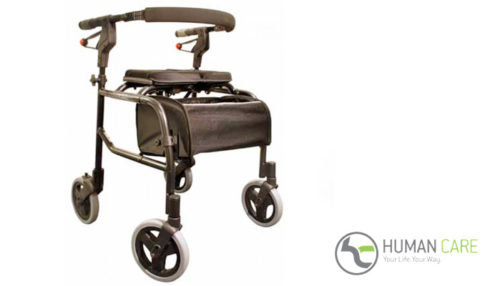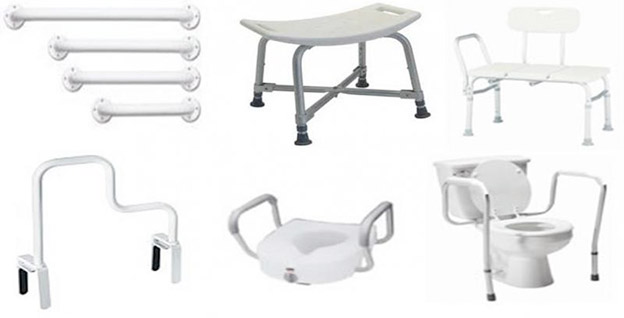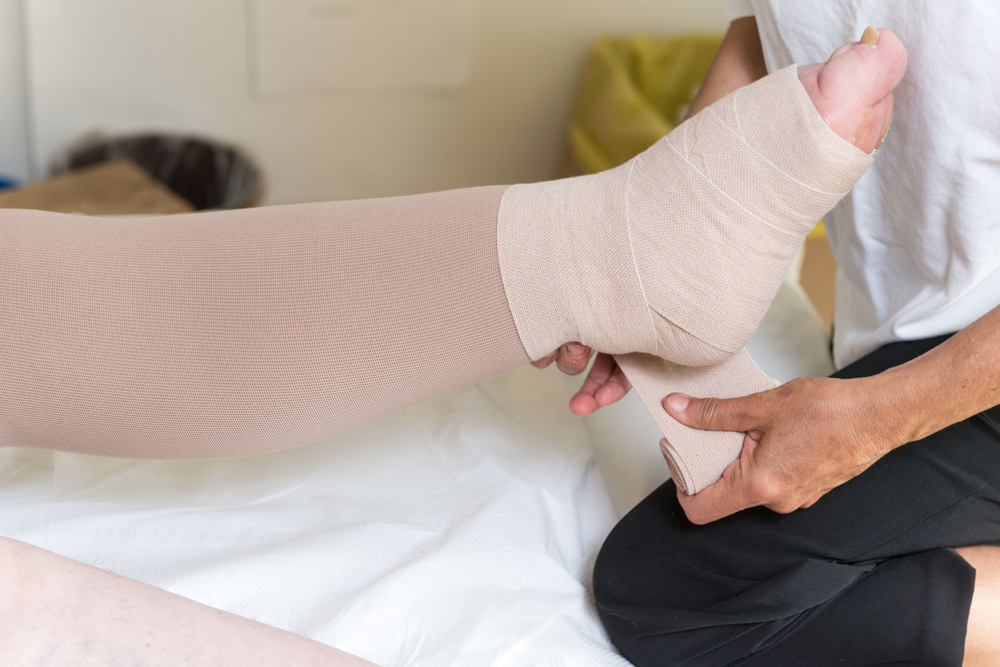Tips for Caring for Seniors With Mobility Issues

As people get older, chronic conditions such as arthritis make moving around more difficult. Some seniors also have movement disorders or are recovering from issues, such as strokes, that impact mobility. A person’s sense of balance can also decrease with age, which increases the risk of falls. The following tips can help you care for a senior with mobility issues.
Schedule a Mobility Assessment
Consider an in-home mobility assessment. This could be done by a physical therapist, rehabilitation specialist, or another health care professional. A mobility assessment helps you know which mobility devices to use with the senior citizen in your care. Your loved one could be measured for a walking cane, rollator, walker, wheelchair, compression stockings or other mobility devices. Getting the right size and type of mobility device could increase the senior’s safety and independence.
Note that some Ontario residents can have their assessments covered by a Community Care Access Centre (CCAC) through the Assistive Devices Program (ADP). If you meet their criteria, you may also receive government funding for a rollator—in this case, you’d only pay 25% of the cost of the device. Don’t hesitate to talk to our team if you need more information on how to acquire an assessment.
Make Modifications to the Senior’s Home
The senior’s home may require some modifications to make it easier for him or her to move around, and to lower their risk of falling. Some common modifications include adding handrails, installing safety chairs in the bathroom, and making doorways wider. Something as simple as marking the edge of the steps with colored tape could also make it easier for your loved one to move safely around the home.
Encourage Activity and a Healthy Diet
Encourage the senior in your care to get out of the house. With more activity, he or she will build and maintain strong bones and muscles, which helps with mobility. Start by visiting places that are handicap-accessible and easy to navigate, such as shopping malls and community centers. Many parks have paved trail systems that can accommodate mobility devices.
A healthy diet is also important to mobility. Fruits and vegetables promote healthy vision, while lean meats, dairy products, and some produce items have calcium and other minerals necessary for maintaining healthy bones.
At Adapt Home Health Care, we offer a wide selection of mobility aids to help seniors enjoy the freedom of movement in comfort. Contact us through our website or give us a call at 905-794-5003 to learn more about mobility services and devices for your loved one.
- Adapting the Workplace for People with Disabilities - December 2, 2020
- More About Rollators and The NeXus 3 - March 26, 2020
- Bathroom Safety 101 - March 12, 2020

 905-822-1614
905-822-1614




